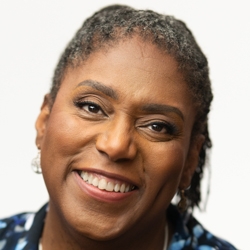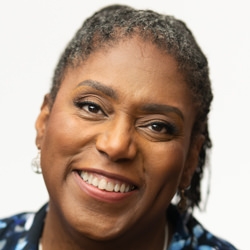

NVC Resources on Social Change
-
Hearing actions that lead to living beings' harm, you may notice that some people believe that the needs of some must come at the cost of others. This view arises from fear and an economic system meant to promote and feed off false scarcity. When struggling with this, grieve, receive support, and notice your feelings show you certain values matter to you. From this sense of purpose you can find where you can be of most service.
-
How do you navigate tension around honoring all aspects of your experience, as you express yourself within your community, and seek to take action that supports your vision for yourself and your people? How do you attend to your self-determination while honoring others’ path? Read on for an example of how the authors navigated this in response to tensions in NVC trainer community that included requests for her to self silence.
-
Roxy Manning discusses the distinction between group purpose and group agreements. Group purpose is identified as the reason for gathering, such as learning to facilitate groups with a focus on inclusion and contribution. Group agreements are the policies or intentions to support the purpose, like creating space for all voices or forming affinity groups to address identity-specific challenges. The emphasis is on how agreements facilitate the manifestation of the group's purpose.
-
Join Itzel Hayward and Kathy Simon as they present two role-play scenarios showcasing diverse approaches to navigating difficult conversations. Throughout the demonstration, they underscore the significance of cultivating self-empathy and mindfulness to effectively engage in challenging dialogues. Specifically, they introduce a role-play scenario concerning affirmative action, aimed at illustrating the contrasting outcomes when utilizing or not utilizing nonviolent communication skills.
-
Our inner world shapes what we do, including the results we see in relationships and social change efforts. Physical and verbal actions are expressions of what’s happening in our minds. If we want certain outcomes, it helps to be mindful of the intentions we plant within ourselves.
-
The “mind” or our “ego” are often depicted as a static entity, an unchangable part of human nature, and as obstacles or negative parts of ourselves to overcome. This view creates maligning, a split within us, while remaining invisibly part and parcel of authority-based societies --the dominant culture and institutions into which we are born. Instead, I want to advocate an integration of reason and emotion, mind and heart, plus self and others.
-
The regeneration movement employs practices for healing our planet from damage, and boosting Earth sustainability. Environmental and social degradation is deeply connected -- as it comes from the same extractive, exploitive mindset of economic and related systems. Connecting with universal consciousness and needs underlying conflicts, we connect with commonality of all planetary life. This helps tap new abilities for working together. This can contain power to regenerate and heal ourselves and Earth.
-
Roxy Manning discusses the need to expand our understanding of observations within Nonviolent Communication (NVC). She challenges the idea of objective observation, noting its limitations, and introduces internal observations, citing personal experiences to illustrate their influence on emotions and self-perception. Additionally, she emphasizes systemic awareness as a crucial aspect of observation, highlighting its importance in understanding broader societal issues. Overall, Roxy advocates for a comprehensive approach to observations in NVC, incorporating external, internal, and systemic perspectives to foster inclusivity and empathy.
-
Explore how NVC and Ken Wilber’s Integral Framework align, overlap, and complement each other.
-
How we treat ourselves when we fall short of our own ideals, desires and hopes can profoundly affect the quality of our lives. Learn how to identify your triggers and reactions, to mourn falling short, and to practice self-connection and self-empathy.

Quick Links
Subscription Preferences
Stay In Touch!
Looking for ways to keep up with NVC Academy news, get special offers, free resources, or words of inspiration? Here are five ways to stay engaged:










